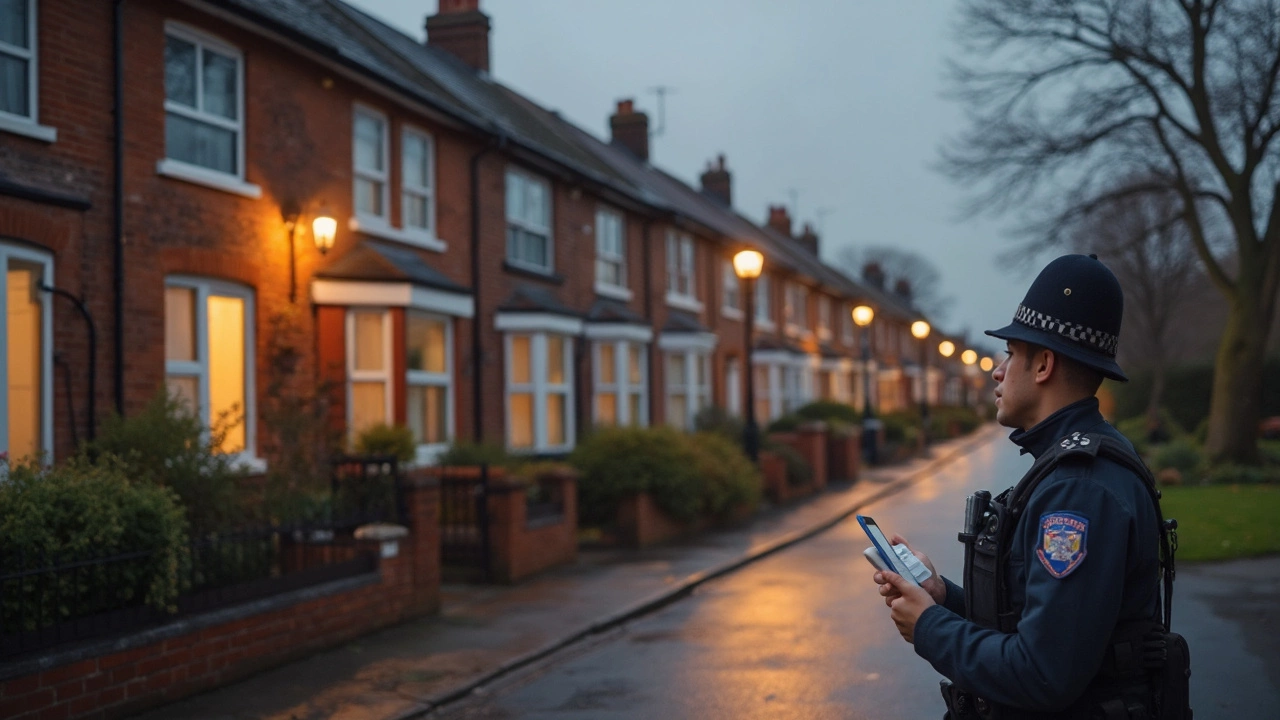When you pick a security camera or a smart doorbell, you’re not just buying a gadget – you’re making a choice that can affect your privacy. Many people assume any device that watches your home is harmless, but the law and good sense say otherwise. Below you’ll find straightforward tips that keep your house safe without giving away more of your personal life than you want.
First off, think about where you point a camera. Public streets, neighbor’s yards, or a neighbour’s window are all off‑limits in most UK privacy rules. Aim cameras at your own driveway, front door, or garden, but stay clear of neighbour’s windows. If you need to monitor a shared hallway, use a low‑angle view that only captures the space you own. Adding a simple sign that says “CCTV in operation” can also help you avoid complaints.
Another quick fix is to use cameras with built‑in privacy zones. Most modern models let you block areas of the frame you don’t want recorded. Set those zones up during the initial install and you won’t have to worry about accidentally filming a neighbour’s living room.
Wi‑Fi security is a big part of privacy rights, especially for cameras that stream video. Old protocols like WEP or WPA are easy for hackers to crack, so swap them out for WPA3 or at least WPA2‑AES. Change the default admin password on every device – use a mix of letters, numbers, and symbols, and store it in a password manager.
If you can, set up a separate guest network for all your smart devices. That way, if a camera gets compromised, the hacker can’t jump straight to your laptop or phone. Keep firmware up to date; manufacturers often patch security holes that could expose your footage.
Don’t forget about cloud storage. Some brands store video in the cloud by default. Review the privacy policy – does the company keep your data for years? Can you delete it yourself? If you’re uncomfortable, choose a system that records to a local SD card or a private NVR you control.
Other gadgets, like baby monitors or smart doorbells, follow the same rules. Non‑Wi‑Fi baby monitors can be safer because they don’t rely on internet, but they still broadcast on radio frequencies that could be intercepted. Look for models with encryption or consider a wired option if you want maximum privacy.
Finally, remember that privacy isn’t just about cameras. Motion sensors, door contacts, and even smart lights can reveal patterns about when you’re home. Use them wisely and review the data each device collects. Turning off unnecessary notifications and opting out of data sharing programs can make a big difference.
By placing cameras responsibly, locking down Wi‑Fi, and choosing storage that you control, you protect your home without trampling on privacy rights. Simple steps, big peace of mind.

Ever wonder if law enforcement can ask for footage from your Ring doorbell? This piece covers the legal landscape in the UK when it comes to police requests for video access. Learn about your rights, potential scenarios, and helpful tips to navigate these requests. Understanding this can help you make informed decisions about privacy and security at home.